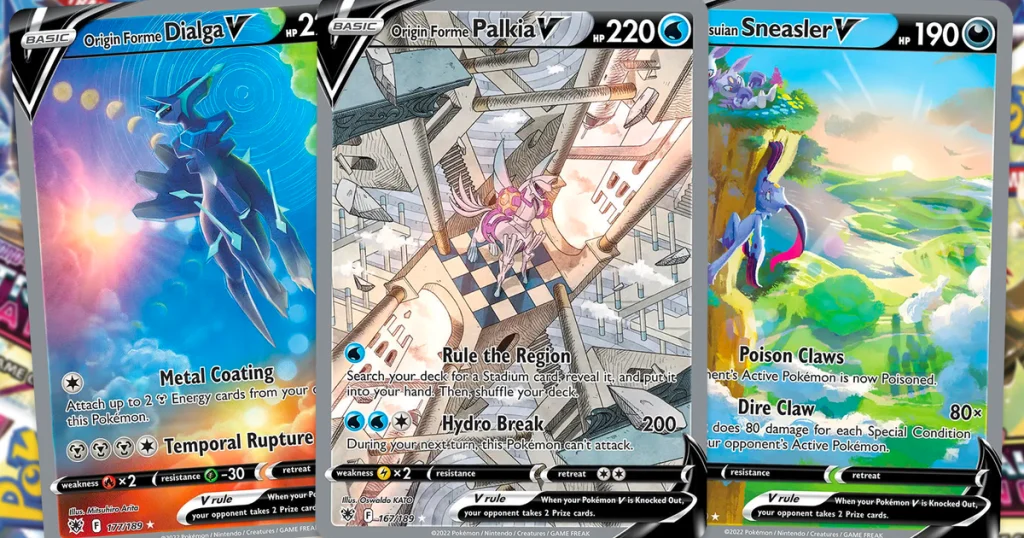In the world of collectible card games, particularly Pokémon, trust is everything. Collectors, traders, and enthusiasts all rely heavily on the integrity of grading services to ensure that each card’s value is accurately assessed. A grading service that upholds transparency and consistency becomes an essential part of this ecosystem. This is especially true in a hobby where even slight differences in condition can drastically impact a card’s market worth. Fans are no longer simply looking for a high grade—they are seeking reassurance that the grade reflects objective standards applied equally across the board. As a result, a growing number of Pokémon collectors have turned toward grading services that demonstrate clear, repeatable grading criteria and offer full transparency about how a card was evaluated. Enthusiasts appreciate knowing not just the final grade, but also the reasoning behind it, whether it is minor edge wear, centering issues, or surface scratches that led to a particular score. This level of honesty helps build confidence in the process and ultimately in the value of the graded card itself.

What sets trustworthy grading services apart is their use of advanced technology and detailed reporting. When a card is graded with precision instruments, digital imaging, and detailed sub-grades for attributes like centering, corners, surface, and edges, collectors feel more assured that there is no guesswork involved. Moreover, transparency in these metrics means that a card graded today will receive the same score if submitted again tomorrow under the same conditions, minimizing human error and subjectivity. This consistency is especially important in Pokémon card grading, where nostalgia and monetary value intertwine, and where a collector’s decision to Buy TAG Graded Pokemon cards, sell, or trade often hinges on the confidence they have in the grading process. Additionally, fans gravitate toward grading companies that prioritize community feedback and continual improvement.
Services that are willing to evolve, clarify their grading standards, and openly communicate any changes earn a loyal following. Pokémon collectors are passionate, detail-oriented, and well-informed they notice when a grading company takes shortcuts or lacks transparency. Conversely, when a grading service holds itself accountable and treats each submission with equal care and attention, it gains a reputation for fairness. That kind of credibility takes time to earn but can quickly set a company apart in a crowded market. In the end, Pokémon fans place their trust in grading services that make accuracy, consistency, and openness their top priorities. These qualities not only enhance the perceived value of a card but also deepen the collector’s connection to their collection. In a hobby driven by passion, sentiment, and investment, grading services that embrace honesty and transparency are not just providing a service they are becoming stewards of the hobby itself. And in that role, trust is the most valuable grade of all.
